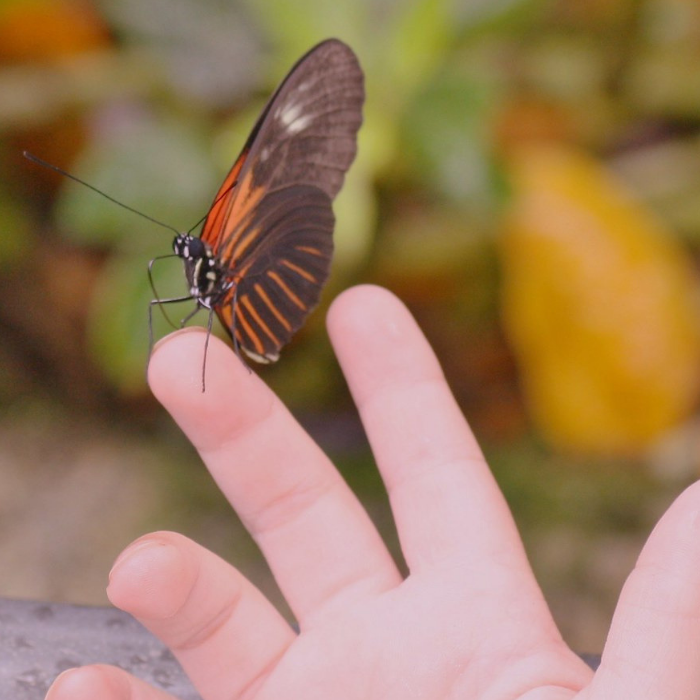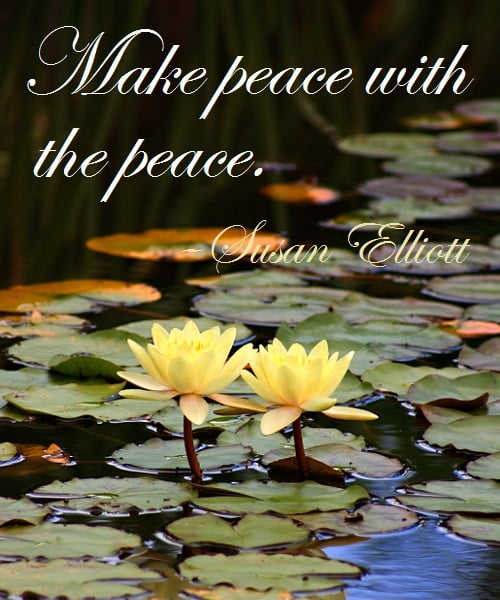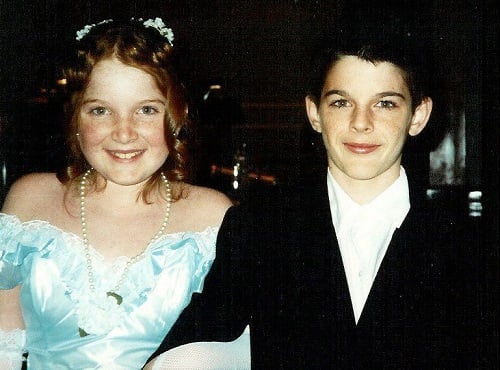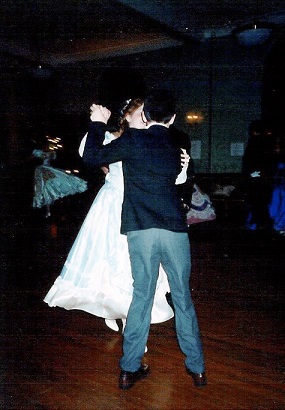
I’ve been thinking about what Brave Writer does—how I conceive of learning, what priorities I have for our model of education.
Most of us decide to homeschool because we have a hunch, an inkling if you will, that we might recapture the sheer joy of learning and discovery if we would only keep our kids close and spend our days exploring the world together. The simplicity of this natural nurturing vision hits a snag the first time you hear words like grade level, scope and sequence, and common standards.
It’s not that the ideas expressed in grade level or scope and sequence, or even identifying what ought to be commonly held core aspects of education are inherently “evil.” It’s that once someone creates a rubric, human beings, with their bent toward achievement, competitiveness, and measurement, hurl themselves headlong at those standards and forget to actually learn along the way.
A deadening of curiosity, exploration, and discovery occurs. Application and expansion of the ideas is short-circuited with stamps of approval (A, +, Credit, and smilie stickers).
We’ve turned the corner—no more do children need to become repositories of information (information is everywhere, in millions of forms, accessible to billions of people in thousands of languages). Our educations are supposed to help us know what to do with information—how to creatively make use of it, how to manage and transmit it, how to analyze and evaluate it.
I read a terrific article today that resonated so strongly with what I think about education, I thought I’d share it here. This line jumped off the page at me since it is the crux of how I envision home education. When we talk about smarts, this is what I mean. The writer is challenging the notion that Common Core is any kind of educational salvation. He goes on to ask what methods will we use to make truly educated children:
“Instead of trying to codify information from past centuries, we better be looking at how students will handle the incoming flow of traffic. Or how to stimulate creative design thinking. Or how to make them smart enough—meaning curious, resilient, persistent, empathetic, and open enough–to live and perform in today’s world.”
Let me pull those words out:
- curious
- resilient
- persistent
- empathetic
- open
Those can be the most natural by-products of home education. If we can move beyond thinking of content for content’s sake, and instead see content as an opportunity to expand those aspects of our children’s character and mental agility, we will indeed be giving a rich education to our charges.
The article is written to traditional teachers, but is actually better directed to educators at home—after all, you have no state breathing down your neck. You have the protection of your four walls and your rights.
So go for it!
The concluding thought ought to reassure you that traditional education is in crisis—what you’re doing IS the future of education.
“Untold damage has been done in the last ten years by the relentless focus on dispensing information to students like pills. That approach ignores the deep, magical relationship between purpose, curiosity, and intelligence—the mix that creates ‘openness’ to learning and makes engagement natural. More of the same won’t do anything but dumb us down.”
Image by Andrea OConnell (cc)
























